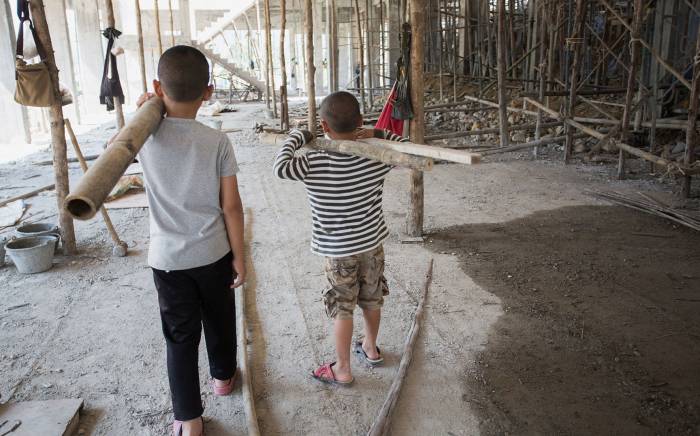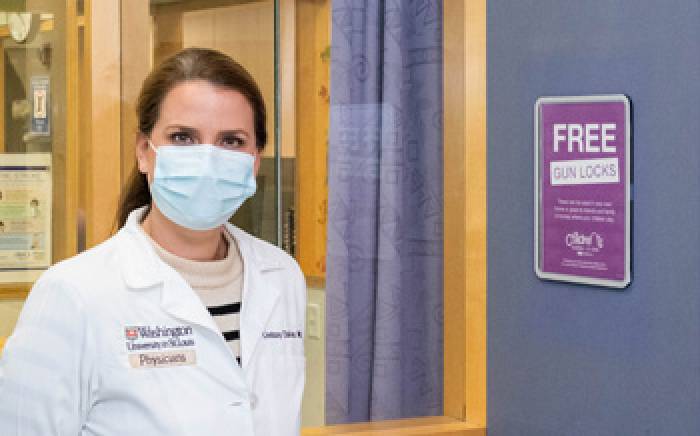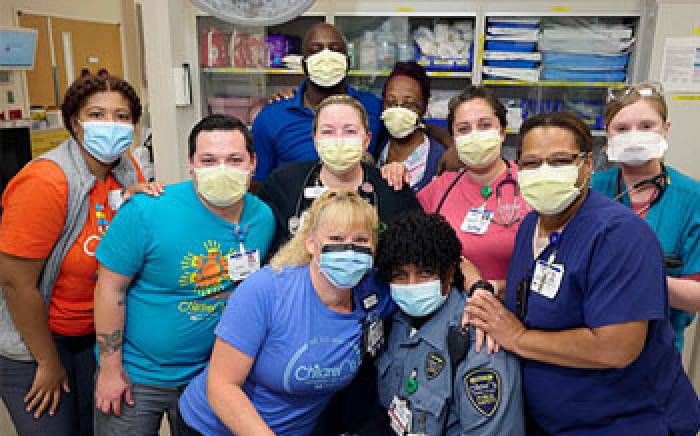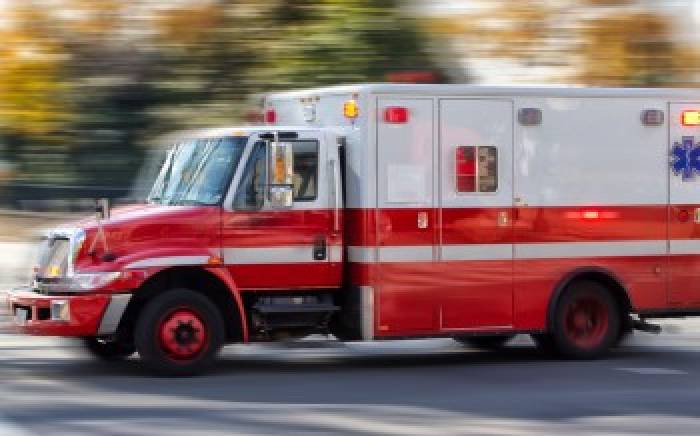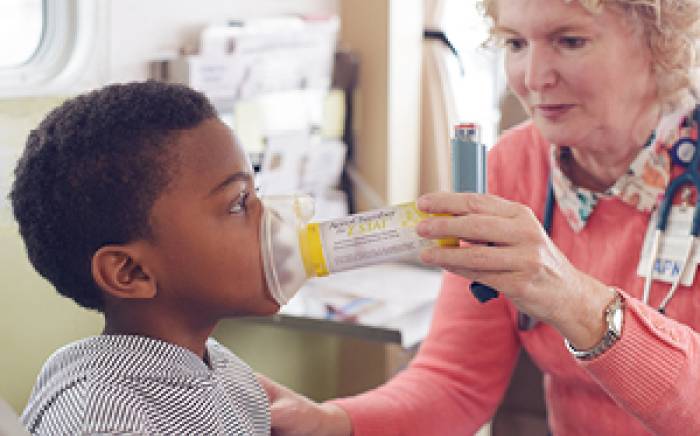When your child is sick or injured, there are several options for receiving medical care. Should you call your pediatrician? Or should you go straight to an urgent care center or emergency room?
Dr. LeGrande Rives, Washington University Pediatric Hospitalist Medicine physician at St. Louis Children’s Hospital, has seen it all. “We take care of all the children who come to the emergency room, whether they have severe, life-threatening illnesses or less serious problems that could have been cared for by their pediatrician,” says Dr. Rives. “It’s important to understand when to go to the ER and when to contact your pediatrician.”
Top 10 signs you should take your child to the ER or call 911
1. Your child is lethargic or not acting appropriately
2. Respiratory distress
3. Seizure activity
4. Fever in a baby less than 2 months old
5. Fever with neck stiffness
6. Head injury with loss of consciousness, nausea, vomiting or unusual behavior
7. Injury with concern for a broken bone.
8. Lacerations needing repair or bleeding that doesn’t stop after applying pressure for 5 minutes
9. A burn that is large, severe, or involving the hands, feet, groin, chest or face
10. Severe allergic reaction
Remember - CALL 911 if you believe your child needs immediate care for severe illness or injury.
Should I visit an emergency room or an urgent care center?
Urgent care centers have become more common and may provide urgent care for walk-in patients with minor injuries or illness. But urgent care centers often lack resources available in a hospital setting - such as laboratories, radiology services and pharmacies. And remember that children are not just small adults, they often require specialized care. Children are often transferred from an urgent care center to the ER to receive further care. A pediatric emergency department provides a more child-friendly environment that may make the visit less scary. More importantly, pediatric-trained physicians, nurses and other personnel have more experience caring for children.
When should I visit my pediatrician?
Your child’s pediatrician knows more about your child’s health than anyone else. They know details about your child’s medical history, family history, medication history, immunization records, etc. So when dealing with a non-emergent condition, it is best to first contact your pediatrician with your concerns.
Even if you choose to go the ER or urgent care, Dr. Rives encourages parents to contact your child’s pediatrician. “Your pediatrician can give you advice on what to do and can call ahead to notify the ER to expect you.”
Fever
“Parents are often concerned when their children develop a fever, it can be scary,” he says. “But remember, a fever is one of your body’s ways of fighting an infection.”
Babies under 2 months old with a fever should be evaluated in an emergency room. For children older than 6 months, fever-reducing medications such as acetaminophen or ibuprofen are enough to help your child feel better. You may see your pediatrician to evaluate the cause of the fever.
Colds
Upper respiratory infections (colds) are prevalent in young children. Most of the time you can care for your child at home. Contact your pediatrician for advice on treatment.
“Parents often come to the ER hoping for medications that will decrease the length of the cold. But antibiotics won’t help a cold since it is caused by a viral infection. In fact, overuse of antibiotics can cause problems for your child down the road,” he says. “It is important to avoid dehydration by encouraging your child to drink fluids.”
Colds typically resolve on their own in 7 to 10 days. However, if a child is running a fever, having difficulty breathing or suffering from severe fatigue, it may not be just a cold. Call your pediatrician for advice.
Stomach viruses
“We often see children with vomiting and diarrhea from stomach viruses,” Dr. Rives says. “Usually the symptoms will improve within a day or two.”
The biggest problem caused by vomiting and diarrhea is dehydration. If your child shows signs of dehydration (including dark-colored urine, decrease in urine output, dry or cracked lips, lethargy), call your pediatrician for evaluation. They may be able to prescribe an anti-nausea medicine. If they determine your child is dehydrated, your pediatrician may advise a trip to the emergency room for IV fluids.
Injuries
“We see many children with minor injuries,” says Dr. Rives. Sports injuries, head injuries, burns and accidental ingestions are common reasons for children to visit the emergency room. Many minor injuries can be evaluated and treated in your pediatrician’s office. “If you suspect a broken bone or a head injury, bring them straight to a pediatric emergency department,” Dr. Rives advises.
Rashes
Rashes are common in children, but they are rarely caused by a serious illness. Schedule a visit with your pediatrician to evaluate.
Need help finding a pediatrician in your area? Our referral specialists can help! Click here or call 800-678-KIDS (5437).

